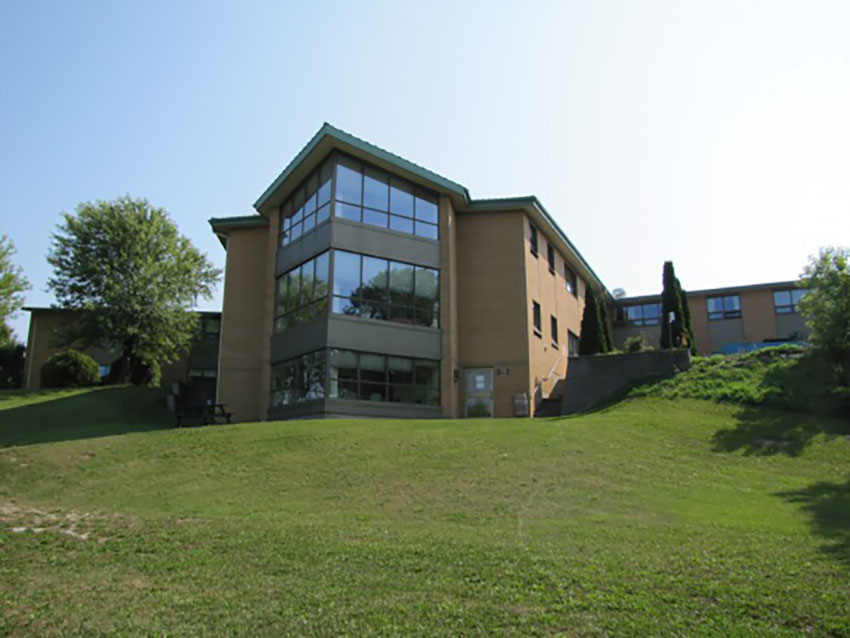LITTLE CURRENT – The auditor’s report on the Manitoulin Centennial Manor long-term care home’s audited financial statements as of December 31, 2018 contained some very good news. The home’s finances are now securely in the black, although auditor Corey Houle from the firm of Freelandt Caldwell Reilly LLP cautioned that if the board did not remain vigilant “they can go sideways very quickly, but go up very slowly.”
Last year saw the books some $94,000 in the red, itself a vast improvement over the $900,000 sea of red ink that had threatened to swamp the facility a few years ago. “You have come a long way,” said Mr. Houle. Even that previous deficit was actually caused by the province freezing admissions to the home for a considerable amount of time, and then looking to clawback significant revenues based on the home’s low numbers.
“At the end of the day the province did forgive most of it,” he said.
Mr. Houle noted that his firm was providing a “clean audit opinion” on the Manor books. He noted that the “qualified” part of the audit letter is strictly due to the different accounting system insisted on by the Ministry of Health and Long Term Care (MOHLTC). “Normally, in traditional accounting methods capital assets would be depreciated over a number of years,” said Mr. Houle. “But the MOHLTC requires you to expense it in the year they are incurred.”
Mr. Houle noted that his clean audit opinion covers not only the year ending December 31, but also up to the day of the report being delivered.
The Manor benefitted significantly from the board’s cautious approach to contract negotiations that had been ongoing with CUPE. The board had been putting funds away to cover the anticipated retroactive pay. The accrued liability had ballooned to some $400,000, but in the end the negotiated settlement came in slightly less. “We settled for less than was originally thought,” explained Mr. Houle. As the rules do not allow for going back to previous sets of books, in this case 2014, 2015, 2016 and 2017, to adjust the earlier books, the changes are recorded in the current year.
Salaries are the most significant portion of the Manor’s expenses, noted Mr. Houle. “You can see that 75 cents of every dollar goes into salaries and benefits,” he said.
With an operating fund of $37,414 cash on hand in the bank, and the $200,000 in reserve that was not required for the salary increases, the board now has nearly $250,000 that they can use as they see fit, according to Mr. Houle.
Other positive impacts on the Manor’s books include an increase in provincial subsidies last year of $170,000, a Case Mix Index (CMI) bump of $55,000.
Significant expenses in the year include $187,000 in heating and air conditioning (HVAC) equipment while the increases in provincial funding to $470,000 and a one-time $93,000 assessment helped boost the bottom line.
Mr. Houle applauded the board’s decision to maintain contingency funds to offset unforeseen expenses. “It is always a good idea to have a rainy day fund,” he said.




